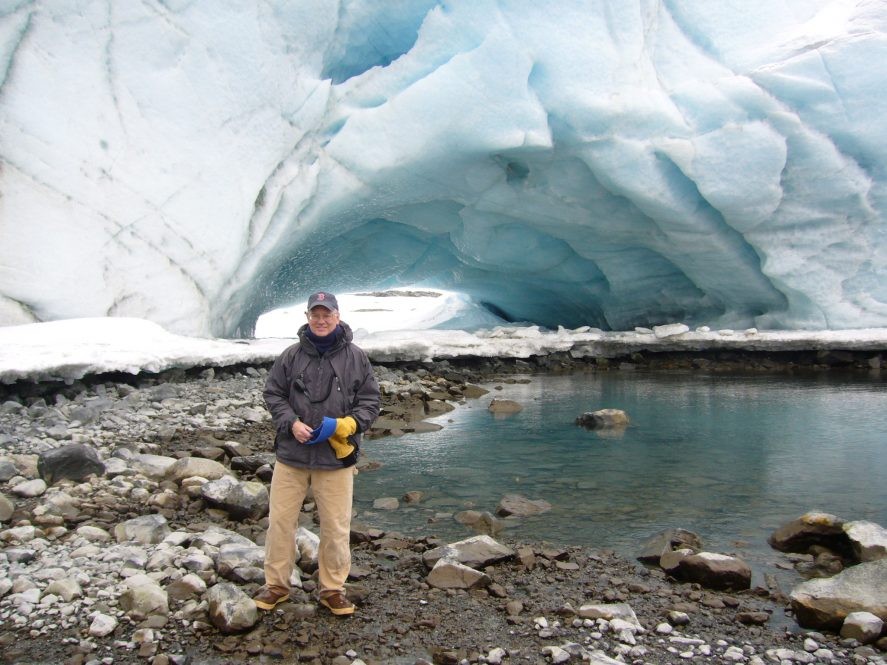January 31, 2018
On January 31 at 1:00 p.m. EST, Lamont’s Hugh Ducklow and his colleagues will use the National Science Foundation Twitter account to discuss their research on Antarctic ecology.

On January 31 at 1:00 p.m. EST, Lamont’s Hugh Ducklow and his colleagues will use the National Science Foundation Twitter account to discuss their research on Antarctic ecology.
